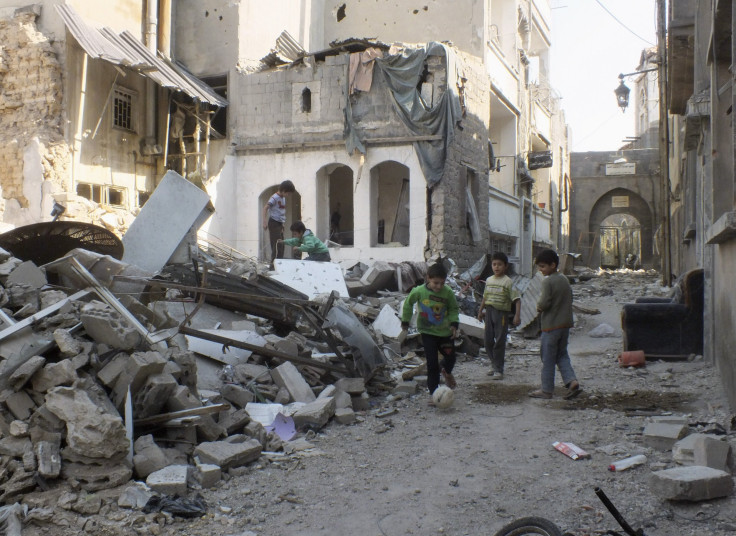Syrian Internet Still Down, Experts Say Regime Is Behind The Blackout

Syrian regime officials and rebel fighters have blamed each other for an Internet blackout that has limited communication in the country since Thursday.
But a report by CloudFlare, a Web security company based in the U.S., confirms what many outside observers have already assumed: It is more than likely that Syrian government officials instigated the blackout.
It is an allegation that has been denied by Syrian Information Minister Omran al-Zoabi on state television. “It is not true that the state cut the Internet,” ABC News quoted him as saying. “The terrorists [as the regime refers to the rebels] targeted the Internet lines, resulting in some regions being cut off.”
However, CloudFlare CEO Matthew Prince wrote in a blog post Thursday, "From our investigation, that appears unlikely to be the case,” explaining that such a massive outage could not have been the result of a simple cable-cut.
Prince noted: “Syria has [four] physical cables that connect it to the rest of the Internet. Three are undersea cables that land in the city of Tartous, Syria. The fourth is an overland cable through Turkey. In order for a whole-country outage, all four of these cables would have had to been cut simultaneously. That is unlikely to have happened.”
About 40,000 people have died in Syria since the conflict began in March of last year. Loosely organized rebel forces are fighting to overthrow the regime of Syrian President Bashar Assad, which is well-armed but plagued by frequent defections.
The Internet blackout has dire implications for rebel forces, which already suffer from a lack of communication between various brigades. Divisions between the militias are only widening as the conflict drags on. What began as a political rebellion has become an increasingly sectarian battle, pitting majority Sunnis against religious minorities, and hard-line Islamists -- including some terrorists linked to al Qaeda -- against secularists.
The Internet was one of the few tools available for long-distance collaboration in the war-torn country.
Not all connections are lost. The Washington Post reported some rebels have used satellite connections to upload videos. In addition, some Syrians remain online because their connections are enabled by servers located outside the country.
But, as of Friday night, the vast majority of Syria’s rebel fighters are still in the dark. Analysts worry that the move could signify the regime's intention to launch a major offensive against the opposition.
“It is ... deeply troubling to the CloudFlare team when we see an entire nation cut off from the ability to access and report information,” Prince said in his blog post. “Our thoughts are with the Syrian people, and we hope connectivity, and peace, will be quickly restored.”
© Copyright IBTimes 2025. All rights reserved.






















